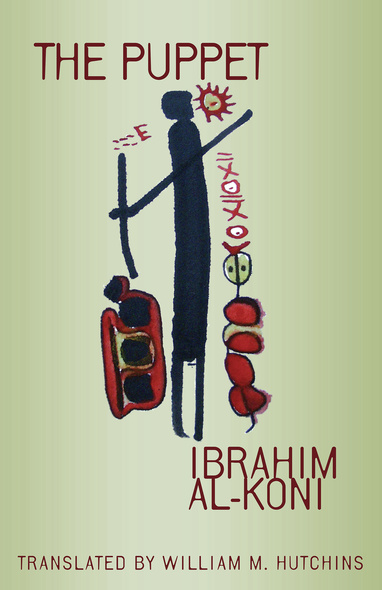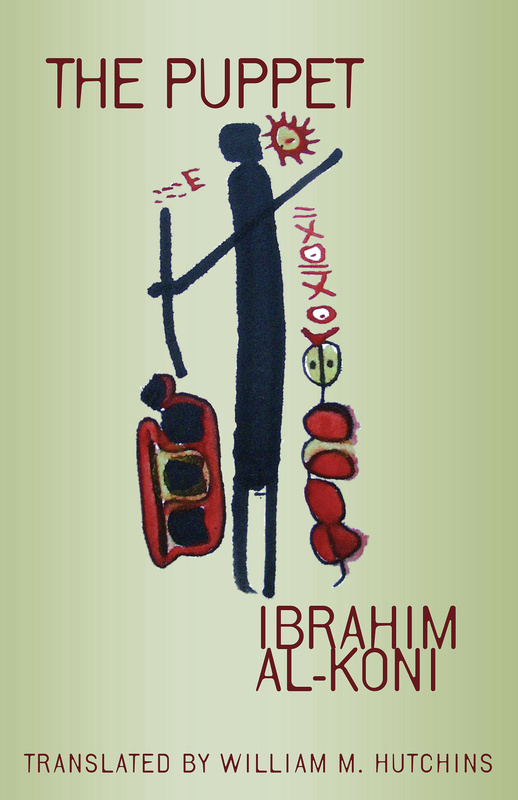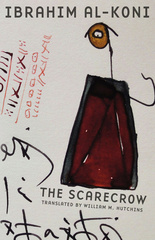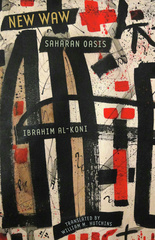The Puppet
The Puppet, a mythic tale of greed and political corruption, traces the rise, flourishing, and demise of a Saharan oasis community. Aghulli, a noble if obtuse man who has been chosen leader of the oasis, hankers after the traditional nomadic pastoralist life of the Tuareg. He sees commerce (understood as including trade in gold, marriage, agriculture, and even recreation) as the prime culprit in the loss of the nomadic ethos. Thus he is devastated to learn that his supporters are hoarding gold.
The novel's title notwithstanding, the author has stressed repeatedly that he is not a political author. He says that The Puppet portrays a good man who has been asked to lead a corrupt society. The subplot about star-crossed young lovers introduces a Sufi theme of the possibility of transforming carnal into mystical love. The Puppet, though, is first and foremost a gripping, expertly crafted tale of bloody betrayal and revenge inspired by gold lust and an ancient love affair.
Ibrahim al-Koni, who was born in 1948, is an award-winning Arabic-language novelist, who has already published more than sixty volumes, and a Russian-educated visionary who sees an inevitable interface between myth and contemporary life. A Tuareg, whose mother tongue is Tamasheq, he has been a resident of Switzerland since 1993.
William M. Hutchins, Professor in the Philosophy and Religion Department at Appalachian State University, has translated numerous works of Arabic literature into English, including those by the Nobel Prize laureate Naguib Mahfouz.
- Introduction
- The Puppet
- The She-Jinni
- The Puppet
- The Judgment
- The Purse
- The Attack
- The Punishment
- The Wretch
- The Conspiracy
- The Game








